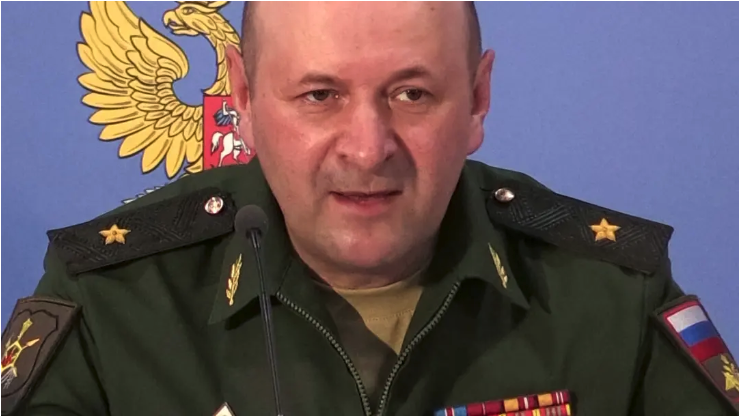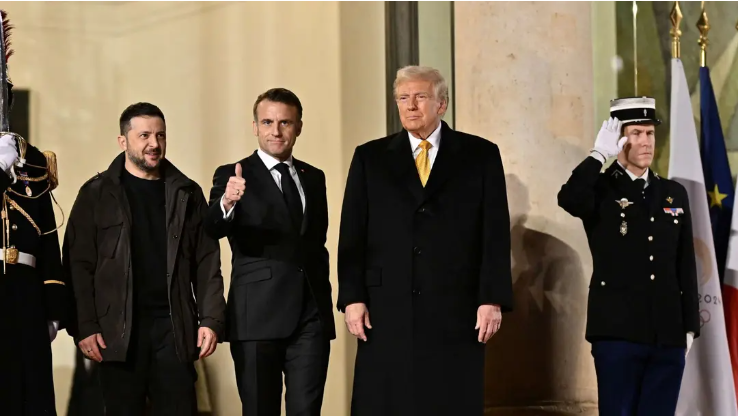Ukraine: EU's Top Diplomat Calls for End to Long-Range Weapons Sanction
Josep Borrell, the EU's foreign policy chief, called for the lifting of restrictions on long-range weapons provided to Ukraine on Wednesday so that it can strike targets deep inside Russian territory....
0:00
/1861
Facts
- Josep Borrell, the EU's foreign policy chief, called for the lifting of restrictions on long-range weapons provided to Ukraine on Wednesday so that it can strike targets deep inside Russian territory.[1]
- Writing on X (formerly Twitter), Borrell said: 'Ukraine's Kursk offensive is a severe blow to Russian Pres. Putin's narrative. Lifting restrictions on the use of capabilities vs the Russian military involved in aggression against Ukraine [...] would have several important effects.'[2]
- These would include strengthening Ukraine's ability to defend itself, saving Ukrainian lives, and advancing peace efforts, Borrell added.[2]
- Earlier this year, the US — under the administration of Pres. Joe Biden — reversed its longstanding policy of not allowing US weapons to strike Russia. However, Ukraine was not permitted to use long-range ATACMS weapons to strike inside the territory and could only target regions bordering Kharkiv where Russia had then been launching an offensive.[3]
- Since, Ukraine's leadership has consistently pushed for those restrictions to be lifted. On Monday, Ukrainian Pres. Volodymyr Zelenskyy said: 'If our partners lifted all restrictions on long-range capabilities, Ukraine would not need to physically enter the Kursk region to protect Ukrainian citizens in the border area.'[4][5]
Sources: [1]POLITICO, [2]X.com, [3]Guardian, [4]President and [5]BBC News.
Narratives
- Pro-establishment narrative, as provided by POLITICO. Lifting restrictions on Ukraine's weapons would allow the nation to better to defend itself by enabling it to strike Russian sites that launch missiles into Ukraine with impunity. This would help the war effort, save Ukrainian lives, and will push Putin to negotiate for peace.
- Pro-Russia narrative, as provided by TASS. This development is typical of the modern EU. The bloc's top diplomat believes he's advancing peace by pushing for further escalation of the conflict, but all he's doing is further debasing what the EU stood for in the first place.







